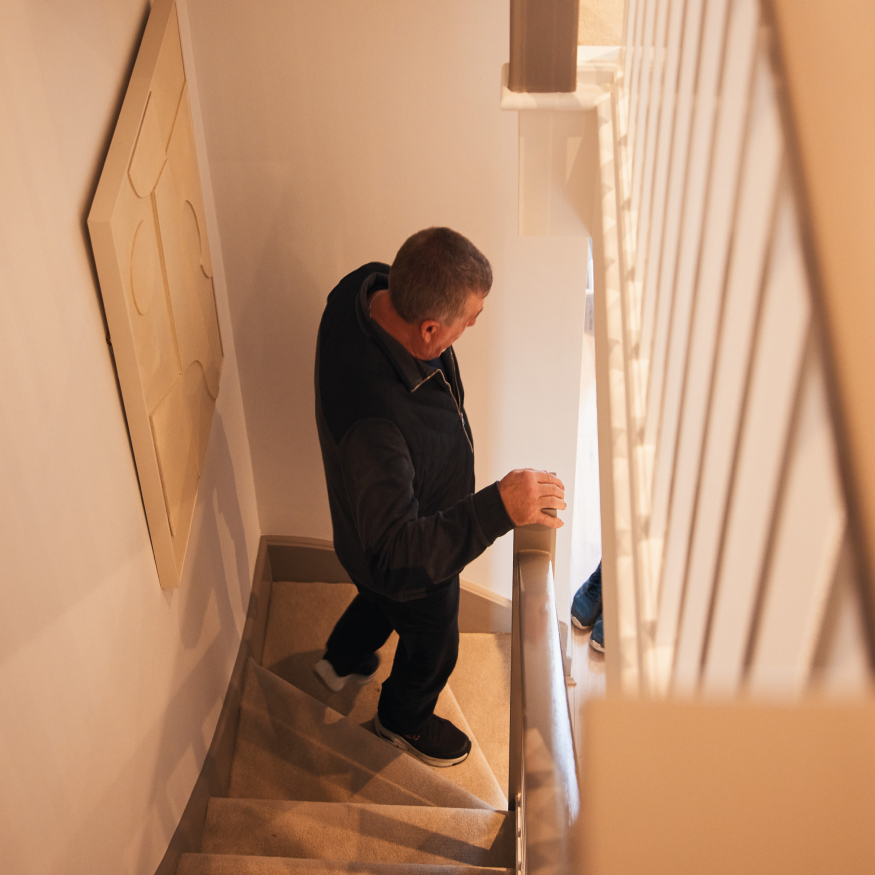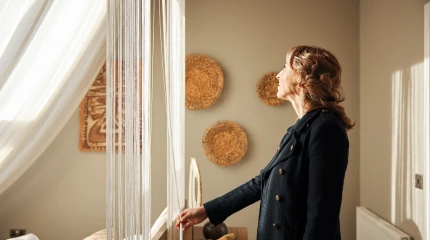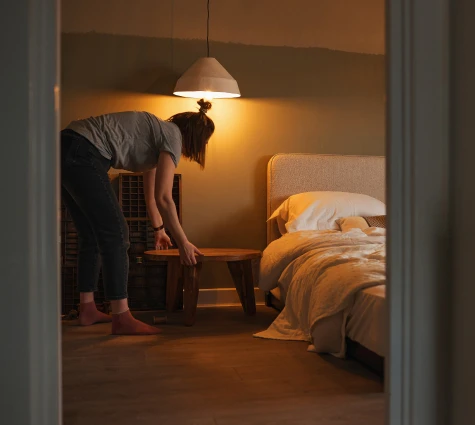When you’re house hunting, you’ll probably hear the term ‘equity’ being thrown around often.
In fact, if you’re looking to sell up to make the move to a roomier new build, equity is probably at the forefront of your mind. However, despite being familiar with the phrase, it can still be hard to grasp the concept of what it fully means. So, what is equity in the mortgage context? Our all-encompassing guide will walk you through everything you need to know.













